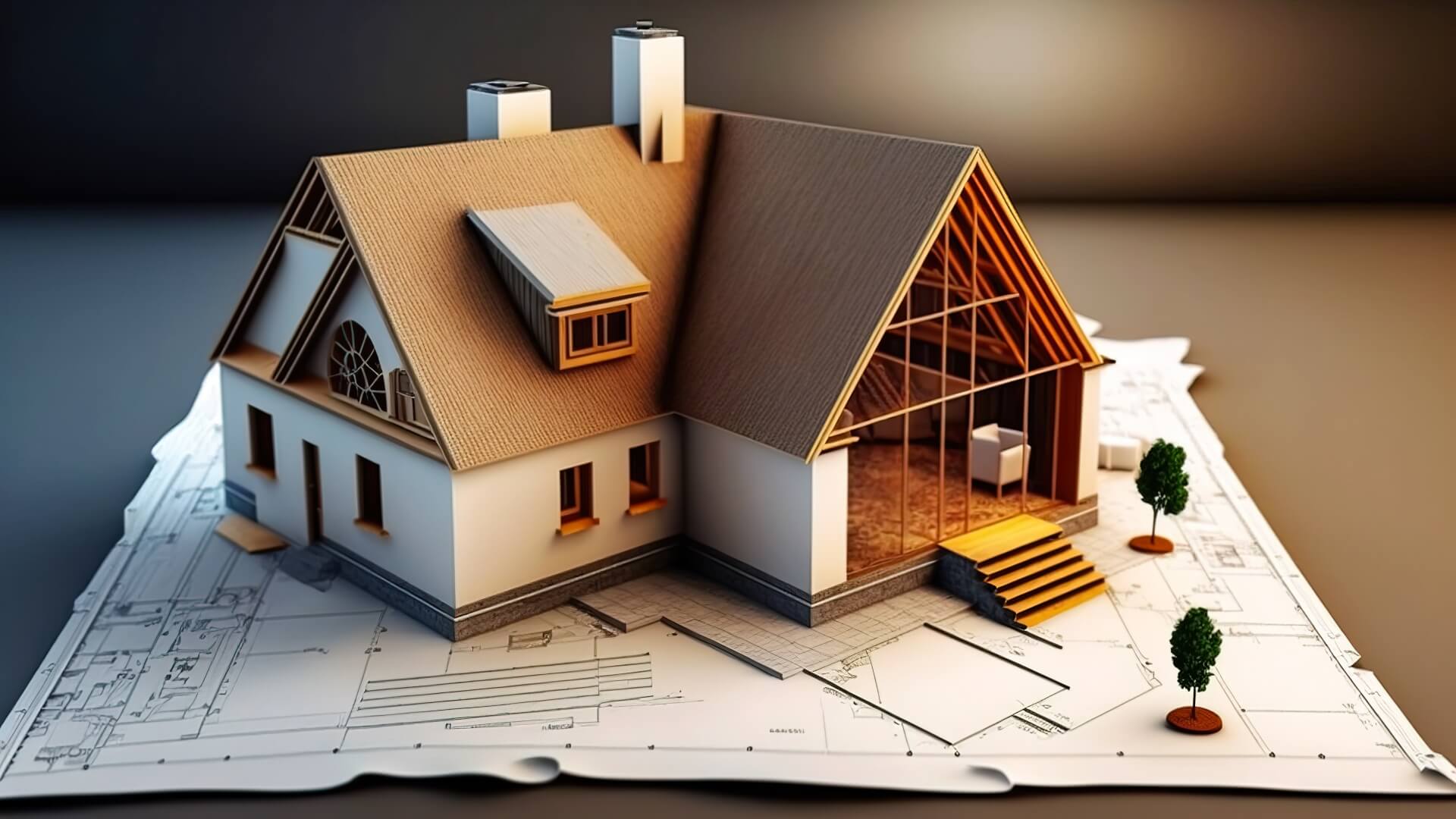
Contractor houses, often referred to as builder homes or spec homes, represent a significant segment of the housing market. These homes are constructed by builders or contractors with the intent to sell, rather than for a specific buyer. This article delves into the concept of contractor houses, exploring their benefits, challenges, and current trends shaping the industry.
What Are Contractor Houses?
Contractor houses are residential properties built by contractors or builders without a specific buyer in mind. These homes are typically designed based on market trends and consumer preferences, allowing builders to cater to a broad audience. Unlike custom homes, which are tailored to individual buyers’ specifications, contractor houses feature standardized designs that appeal to the general market.
Types of Contractor Houses
- Spec Homes: Short for speculative homes, these are built on speculation, meaning the contractor believes there is a demand for such properties. They are often completed before a buyer is found.
- Model Homes: These are constructed to showcase the builder’s work and are often used as a template for future homes. They may feature upgrades and custom finishes to attract potential buyers.
- Tract Homes: Built in large numbers by a single contractor or developer, tract homes share similar designs and layouts. This approach allows for efficiency in construction and reduced costs.
Benefits of Contractor Houses
Investing in contractor houses offers several advantages:
1. Affordability
Contractor houses often come at a lower price point compared to custom-built homes. Since they are built in bulk and designed with cost-efficiency in mind, buyers can find quality homes at a more accessible price.
2. Time Efficiency
Buying a contractor house can significantly reduce the waiting time associated with custom builds. Many contractor houses are ready for immediate occupancy or can be completed quickly, allowing buyers to move in without lengthy delays.
3. Quality Assurance
Reputable builders ensure their contractor houses meet industry standards and local building codes. Buyers can benefit from the expertise and reputation of established contractors, often resulting in higher-quality construction.
4. Modern Designs and Features
Contractor houses often incorporate current design trends and features, appealing to modern buyers. Builders typically conduct market research to understand consumer preferences, ensuring the homes reflect what potential buyers are looking for.
5. Investment Potential
Contractor houses can serve as excellent investment opportunities. Due to their affordability and location in desirable neighborhoods, these homes may appreciate in value over time, offering a solid return on investment.
Challenges of Contractor Houses
While contractor houses present several benefits, there are also challenges to consider:
1. Lack of Customization
One of the primary drawbacks of contractor houses is the limited ability to customize. Buyers may need to compromise on certain design aspects, as these homes often follow a predetermined layout and style.
2. Market Risks
Investing in contractor houses can involve market risks. Economic fluctuations and shifts in housing demand can impact the resale value of these properties, potentially leading to financial losses.
3. Quality Variability
Not all contractors maintain the same quality standards. Buyers must conduct due diligence to ensure they are purchasing from reputable builders, as quality can vary significantly between different contractors.
4. Competition
Due to their affordability and desirability, contractor houses can attract a lot of buyers. This competition can lead to bidding wars, making it challenging for prospective homeowners to secure their desired property.
Current Trends in Contractor Houses
The contractor house market is continually evolving, influenced by various trends:
1. Sustainable Building Practices
There is an increasing demand for energy-efficient and sustainable homes. Many contractors are incorporating eco-friendly materials and technologies, appealing to environmentally conscious buyers.
2. Smart Home Technology
Integrating smart home technology into contractor houses is becoming more common. Features like smart thermostats, security systems, and automated lighting systems enhance convenience and energy efficiency.
3. Open Floor Plans
Modern buyers often prefer open floor plans that promote spaciousness and flexibility. Contractors are responding to this demand by designing homes that emphasize open living spaces, making them more attractive to potential buyers.
4. Multi-Generational Living Spaces
As more families seek to accommodate multiple generations under one roof, contractors are designing homes with separate living areas or additional suites. This trend reflects changing family dynamics and lifestyle preferences.
5. Remote Work Considerations
The rise of remote work has influenced home design, with many buyers seeking dedicated office spaces. Contractors are adapting by creating layouts that include home offices or adaptable spaces that can serve multiple purposes.
Conclusion
Contractor houses offer a viable option for buyers seeking affordable, quality homes with modern features. While they come with some limitations, the benefits often outweigh the challenges, especially for those looking to invest or settle into a new community quickly. As trends in the housing market continue to evolve, contractor houses remain a significant part of the landscape, appealing to a






